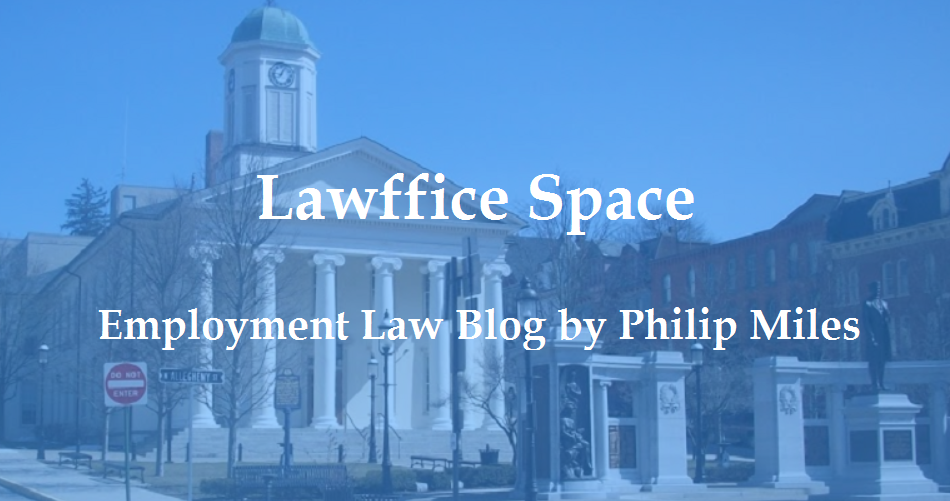On May 29, 2020, the Third Circuit issued a precedential opinion in Doe v. Univ. of the Sciences. The university expelled a male student following allegations of sexual assault from two female students. He claimed that the school discriminated against him because of his sex in violation of Title IX; and, the university breached its contractual obligation to provide him a "fair" process under the student handbook and university policies.
The Court noted assorted Title IX doctrines that have sprouted up in the past few years, most notably, erroneous outcome and selective enforcement. The Court expressly rejected the need to "superimpose doctrinal tests" and instead just focused on whether "a federally-funded college or university discriminated against a person on the basis of sex."
Here, the student alleged outside pressure to target male students from the Dear Colleague letter. He also pointed to the university's failure to pursue discipline against the female students, who he claims violated the confidentiality provisions of the policy (by recruiting new accusers), violated the alcohol policy by drinking, and failed to consider that the accusers may have violated the policy because *he* was intoxicated when they had sex. The Court concluded that these allegations were sufficient to state a Title IX claim.
The next part of the opinion analyzed the process afforded to John Doe. Most procedural challenges in this context are based on the 14th Amendment's Due Process Clause. But, here, the student attended a private school, which is not subject to constitutional constraints. The Court held, however, that the school could have contractually bound itself to its student handbook and discipline policies, which promised "fairness"
The policies did not define "fairness" . . . so, the Court did:
In short, notions of fairness in Pennsylvania law include providing the accused with a chance to test witness credibility through some form of cross-examination and a live, adversarial hearing during which he or she can put on a defense and challenge evidence against him or her.
The student alleged that he received neither a live hearing nor an opportunity to cross-examine, and therefore he had stated a claim for breach of contract.
Interestingly, the Court distinguished this case from a line of Pennsylvania court decisions showing a fair amount of deference to university interpretations of their own policies:
That is especially appropriate for matters uniquely within the institution’s province, such as academic integrity or faculty development and discipline . . . . This is not such a case. The investigation and fair adjudication of alleged criminal activity like sexual assault is not uniquely within the province of colleges and universities.
This raises some questions for future application. The University is not adjudicating a crime, and there is no criminal conviction - it's adjudicating a violation of its own policies. Now, there is obviously an overlap in that criminal activity (such as sexual assault) will often also violate a school policy. But, one of the cases the Court purports to differentiate is Murphy v. Duquesne Univ. of the Holy Ghost.
In Murphy, the university terminated a faculty member for violation of its sexual harassment policy. Obviously, harassment could encompass criminal activity, including assault. So, why is Doe's situation different? Is there a substantive distinction between faculty sexual harassment and student sexual harassment? Student discipline is just as much in a university's wheelhouse as faculty discipline, no? Or is the distinction assault versus harassment that does not include assault? It feels like the Court drew some fine lines here, and it's not entirely clear (to me at least) exactly where they were drawn.


No comments:
Post a Comment